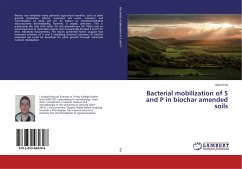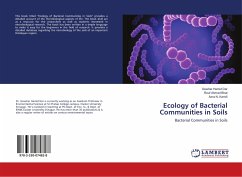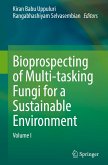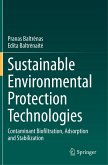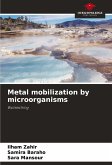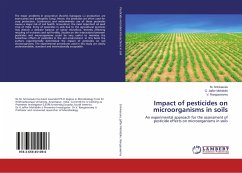Biochar has exhibited many potential agricultural benefits, such as plant growth promotion effects, increased soil water retention and neutralisation of acidic soil pH. Its impact on microbial-mediated macronutrient bio-availability, however, is largely unknown. This is particularly the case with sulfur (S) and phosphorous (P). Plants rely on microorganisms to mineralize organic and inorganically bonded S and P for their metabolic requirements. The results presented herein suggest that increased numbers of S and P mobilising bacterial colonizers in biochar amended soil could be beneficial for plant growth through enhanced nutrient mobilisation.
Bitte wählen Sie Ihr Anliegen aus.
Rechnungen
Retourenschein anfordern
Bestellstatus
Storno

